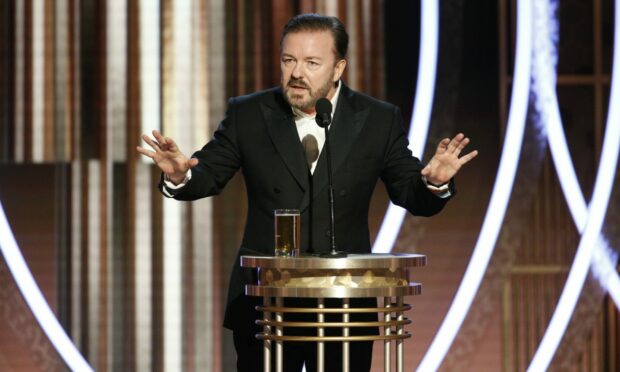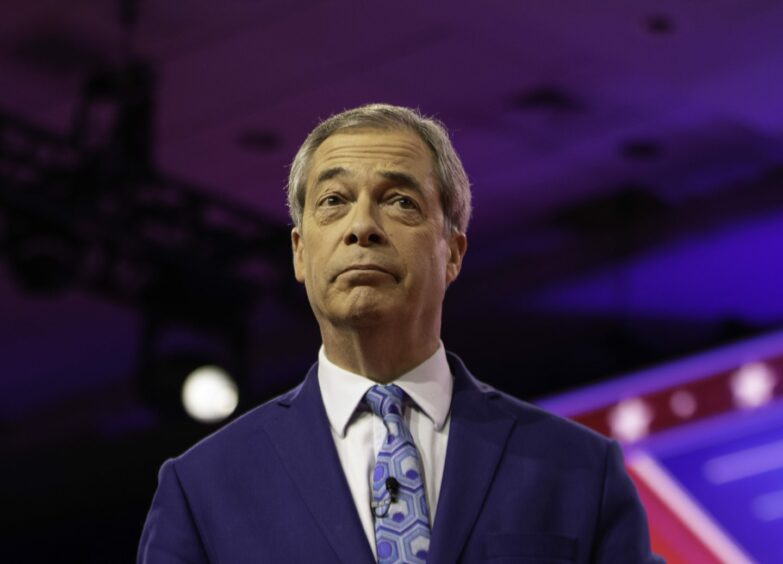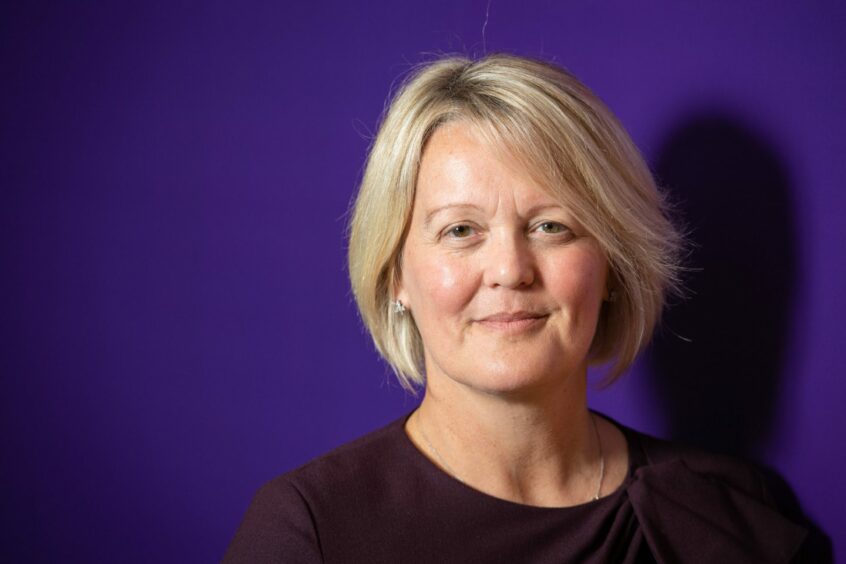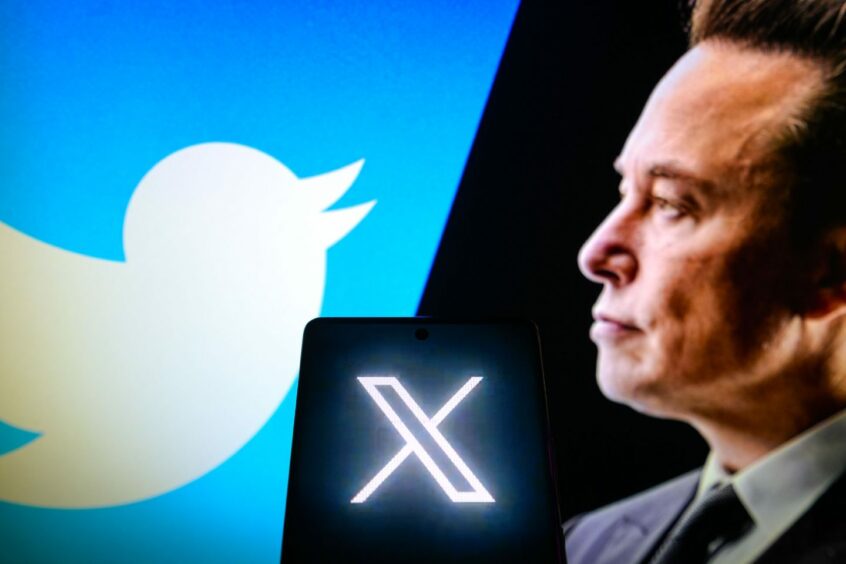Could Ricky Gervais spark a global financial crisis?
Spoiler alert, probably not, but let’s just run with it anyway because for the second week in a row, the Nigel Farage/Coutts furore has been the story that refuses to die.
It’s not like world domination isn’t Ricky’s thing (The Office has been syndicated in 80 countries) but even he couldn’t have predicted a series of events that would feature one of his jokes and a multi-million pound hedge fund windfall.
Here’s a recap for those who were asleep at the back or watching something other than the news. Succession perhaps starring Brian Cox?
I hear it’s great and will get round to it as soon as I can pull my eyes away from the unfolding banking industry car crash.
OK. Gervais tells a joke that references the transgender debate on his Super Nature Netflix Special. Farage then shares the clip on Twitter.
Later he is ‘debanked’ by Coutts and, refusing to let it rest, says he has obtained internal memos which show why.
He claims the dossier cites his friendship with Wimbledon champion Novak Djokovic, who refused the covid jab, and his retweeting of the Ricky Gervais joke.
Running scared
It might be funny if the situation wasn’t becoming more serious by the hour, with Farage hell bent on forcing “a fundamental change” in the banking system and praising himself that he has the industry “running scared”.
Great, because that’s what we need at this moment of economic uncertainty – instability in our financial institutions, some of which are backed by the taxpayer.
Well done, Nige. You managed that in a week. Liz Truss is an amateur.
The resignation of NatWest chief executive Dame Alison Rose saw £850m wiped off the value of the state-backed bank as its share price fell 3.7%.
Next it was reported that a fund led by Sir Paul Marshall, owner of GB News, had made an estimated £5 million gain by ‘shorting’ NatWest shares.
Marshall is Farage’s boss and on his GB News show the former Ukip leader called on the UK Government “to appoint a new temporary board to take control of this bank”.
But that’s a whole other can of worms.
Short selling
Within 48 hours of Rose’s resignation, Coutts chief executive Peter Flavel also stepped down and the fallout was upped to £1 billion.
If the phrase “short selling” sends a shiver it may be because we heard it a lot in relation to the 2008 financial crisis and the US subprime mortgage mess.
We all remember how that went. Many of us are still picking up the pieces.
Short selling, which put simply is betting on a stock falling, was banned in the US in 2008 as regulators feared it was driving the economy off a cliff, although that’s still up for debate.
Never one to fully think things through (ahem, Brexit) Farage called for the rest of the NatWest board to go and launched a “bank fightback”.
He says he’s doing this because of “the desperation of the many people who have been wronged” by having their bank accounts closed, as if that was his plan all along and not something he thought up after it happened to him.
No laughing matter
It wouldn’t be the first time a joke has played a cameo role in a business’s woes.
In 1991 jeweller Gerald Ratner knocked £500 million off his company’s stock with a joke about selling “total crap” and in 2001 Topman boss David Shepherd had to apologise for calling his customers “hooligans” who wore suits to court.
Maybe Elon Musk is joking with his rebranding of Twitter, killing off the little blue bird and replacing it with the letter X.
X marks the spot
He’s another one who doesn’t seem to think things through – the letter X isn’t really something you want to put into a search engine.
Perhaps he’s too preoccupied with his Space X ventures and the news that UFOs are an “open secret” among US fighter pilots.
This week in Washington, intelligence officials and Air Force personnel told a Congress hearing that UFOs had been sighted and collected along with the remains of “non-human” beings.
Now if that doesn’t make you splutter out your cornflakes, nothing will.





